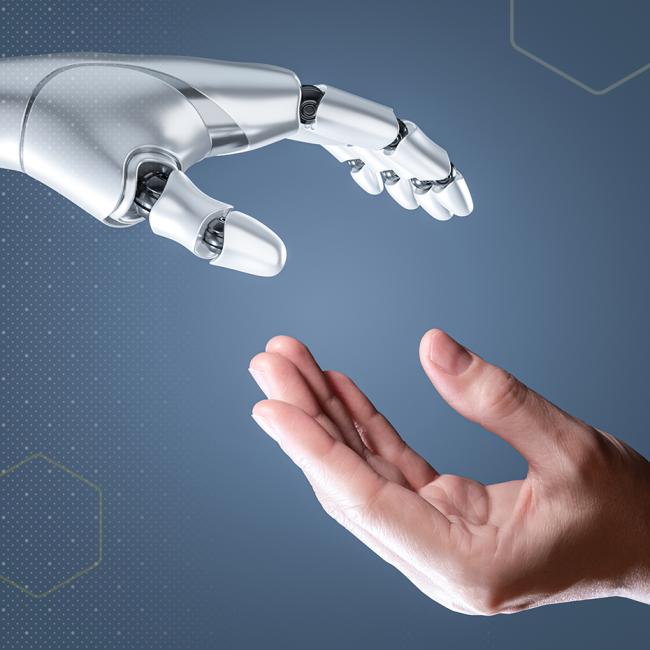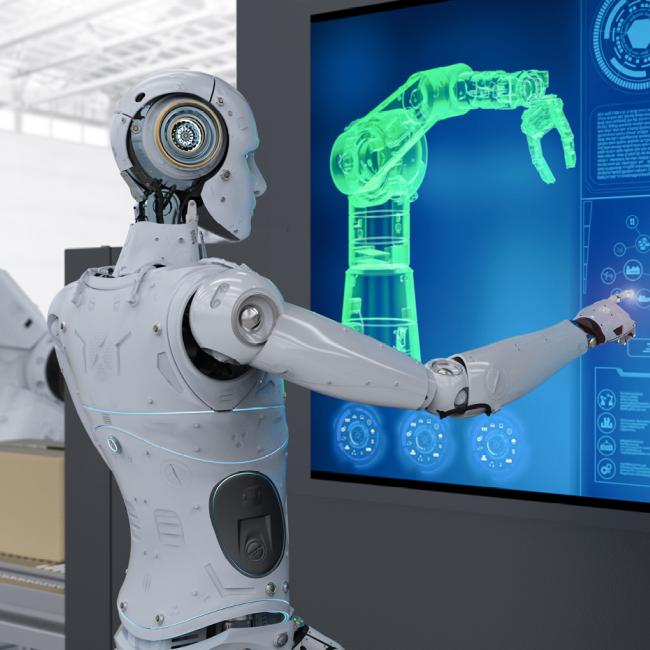The Future of Work
The Evolution of the Employee
From ages 18 to 52, younger baby boomers held an average of 12.3 jobs over the course of their lifetimes, according to the Bureau of Labor Statistics. As advances in technology impact the workforce across all industries, adult professionals will need to reskill, upskill, and retrain to remain relevant. The future of work will seek agile thinkers who can keep up with the digital transformations and navigate the changes it brings to their fields. In addition, employees will need to be T-shaped thinkers who have the deep expertise required for their areas of specialization but also social breadth and the ability to collaborate across disciplines.
Georgia Tech Professional Education is committed to the development of these skills. From global partnerships with industry leaders to innovative programs and flexible learning options, we are positioned to build adaptive workforces who are flexible, responsive, and proactive.
Skills for the Future of Work
Areas of expertise that were once unrelated, and jobs that two or even three individuals used to do, are now being combined into one role. While some of these roles are new and some new versions of existing jobs, hybridization is impacting jobs across all industries. To help you prepare for the hybrid job market, we're highlighting four in-demand skills you'll need for tomorrow's jobs.












